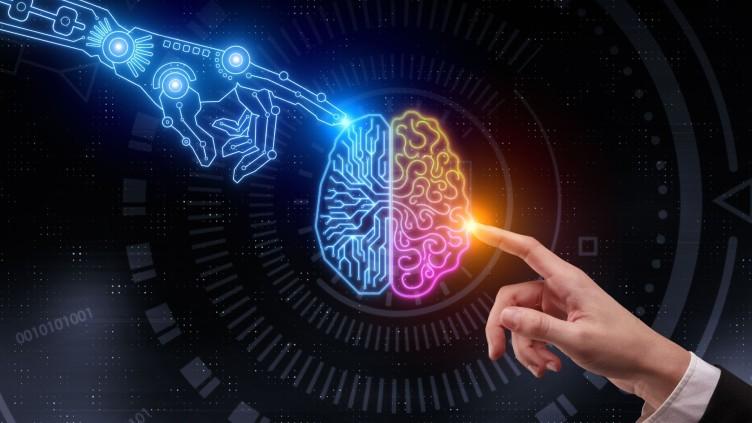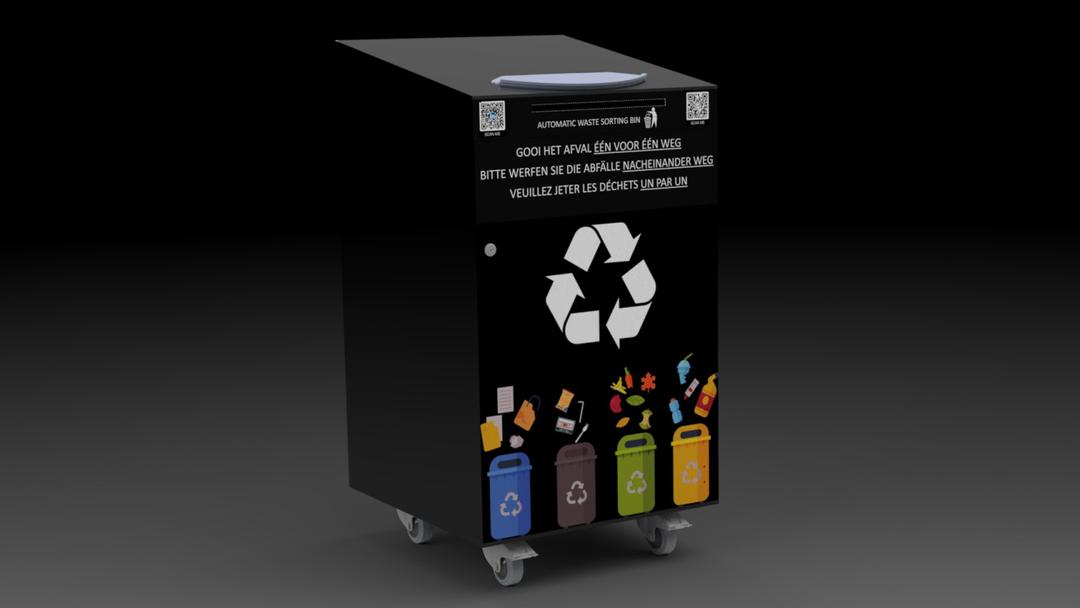The role of Artificial Intelligence in sustainable waste
1 June 2023, By PLAEX Technologies

Introduction
Artificial intelligence (AI) has revolutionized various aspects of our lives, permeating through industries such as communication, transportation, and retail. However, one area where AI is making significant strides in driving sustainable development is waste management. In this blog, we will delve into the ways in which AI is transforming waste management practices to create more sustainable solutions.
AI in Waste Sorting and Processing

Managing waste effectively is a paramount challenge in sustainable development. Traditional waste management methods, such as landfill sites, have a substantial negative impact on the environment. Fortunately, AI is reshaping this landscape. Waste management companies are leveraging machine learning algorithms to enhance the efficiency of waste sorting and processing. By analyzing vast amounts of data, AI systems can identify different types of waste, allowing for more precise sorting and recycling efforts.
A great example of such AI technology are Garby, the AI waste sorting bin and Garcia, the AI waste detection sensor created by PLAEX Technologies. This technology not only reduces the volume of waste destined for landfills but also contributes to the preservation of natural resources.
AI in Recycling and Circular Economy
The concept of a circular economy, where materials are reused and recycled, is central to sustainable waste management. AI facilitates the identification and sorting of recyclable materials, enhancing the efficiency and accuracy of recycling processes. Machine learning algorithms can analyze the composition and characteristics of different waste streams, allowing for better identification of recyclable materials and streamlining recycling operations. Moreover, AI can aid in the development of innovative recycling technologies, such as robotic systems that automate the dismantling and separation of components from electronic waste, contributing to a more sustainable approach to waste management.
AI in Waste Reduction and Minimization

Beyond waste sorting and collection, AI plays a pivotal role in waste reduction and minimization efforts. By analyzing consumer behavior patterns, AI systems can identify trends that contribute to excessive waste generation.
This knowledge can help companies develop targeted strategies to promote recycling, reduce packaging waste, and encourage the adoption of sustainable practices. Furthermore, AI-driven applications can assist in the design and production of eco-friendly packaging materials, supporting a circular economy and reducing the overall environmental footprint of waste generation.
AI and Public Engagement in Waste Management
In addition to its technical applications, AI can foster public engagement and awareness in waste management practices. Through smart applications and platforms, individuals can access personalized information about waste reduction, recycling techniques, and sustainable consumption habits. AI-powered chatbots and virtual assistants can provide real-time guidance on waste management practices and answer user queries, empowering individuals to make informed decisions and actively participate in waste reduction efforts.
Predictive Analytics and Optimization in Waste Management

Another significant contribution of AI to waste management lies in its predictive capabilities. AI systems can analyze historical data and environmental factors to accurately forecast waste generation rates.
This valuable insight allows waste management companies to optimize waste collection routes, ensuring timely and efficient pickups while minimizing fuel consumption and CO2 emissions. By leveraging AI-powered predictive analytics, waste management practices become more sustainable and resource-efficient.
The Future of AI in Waste Management
As AI technology continues to evolve, we can anticipate even more innovative solutions in waste management. Integration with Internet of Things (IoT) devices, such as smart bins and sensors, will enable real-time monitoring of waste levels and enhance waste collection efficiency. Furthermore, advancements in robotics and automation will revolutionize waste processing and recycling, minimizing human intervention and maximizing accuracy and speed. The ongoing development and refinement of AI algorithms will undoubtedly bring forth more sustainable waste management practices, promoting a cleaner and greener future.
Conclusion
Artificial intelligence has emerged as a powerful tool in driving sustainable waste management practices. By revolutionizing waste sorting and processing, optimizing waste collection routes, promoting recycling efforts, and enhancing public engagement, AI is transforming the landscape of waste management. As we continue to harness the potential of AI, we pave the way for a more sustainable future by reducing the environmental impact of waste generation and promoting a more sustainable future!